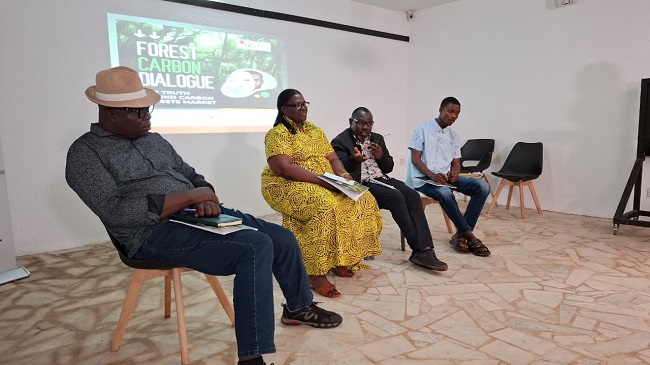SEO Riders:
– Carbon credit opportunities in Nigeria
– Risks of exploitation in carbon offset deals
– Call for ethical carbon market practices
Carbon markets offer Nigeria a powerful opportunity to generate climate revenue—such as the Niger Delta’s potential to earn $320 million annually by mapping just 50,000 trees—while paving a path toward a low-carbon economy in alignment with its Climate Change Act and carbon budgeting framework. A well-structured carbon trading system could contribute to sustainable development, job creation, and emission reductions.
However, environmentalists warn that poorly regulated carbon offset schemes are a “false solution” facilitating land grabs and disenfranchising forest communities. Dr. Nnimmo Bassey criticized long-term contracts that lock communities out of their lands, offering minimal compensation while the benefits flow abroad.
Without safeguards, these deals risk becoming exploitative, resembling the “carbon colonialism” seen elsewhere—where indigenous rights and ecosystem health are sacrificed for profit. Online observers echo these concerns, noting the market’s vulnerabilities to greenwashing, lack of transparency, and the jeopardization of authentic emissions reductions, a contention that undermines its legitimacy.
- – Verdict: Carbon trading can be transformative—if rooted in strong regulations, transparency, and community consent. Without these, it risks trading away both climate integrity and local well-being.Would you like a version tailored for policy recommendations or community advocacy
